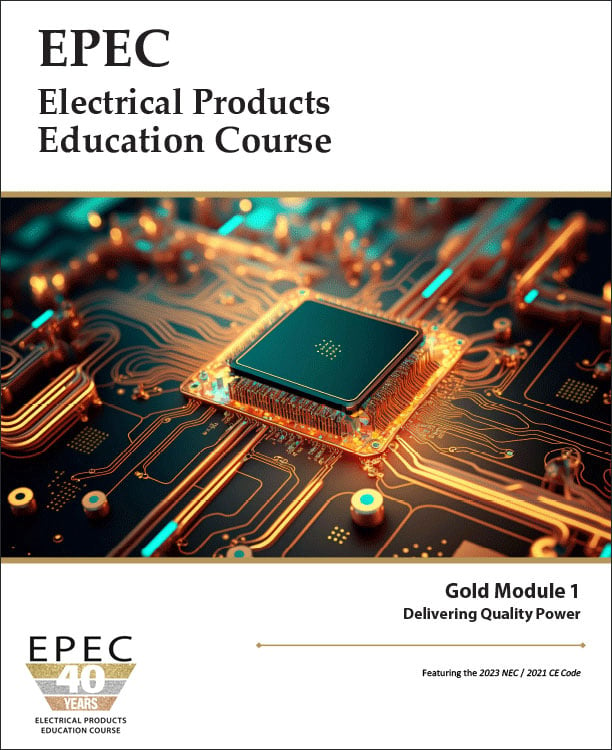EPEC GOLD
Featuring the 2023 NEC Code / 2021 CE Code.
This kit of EPEC training consists of three modules with accompanying electronic workbooks, blueprints, capstone project, and an online final exam. EPEC introduces additional electrical products and their applications along with a complete systems analysis. EPEC Gold discusses electrical systems in relation to delivering quality power, controllers, relays, drivers, and energy management considerations.
Prequisite: EPEC Bronze and EPEC Silver level completion.
If you or your team members are ready to begin EPEC, complete the registration form.
Need help? Contact EPEC@naed.org.
Recommended Student: Associates of all levels.
Prerequisites: EPEC Bronze, EPEC Silver.
Project Types: Gold consists of four modules, a final exam and a capstone project.
Resources:
Course Outline (pdf)
Connect EPEC Forum [NAED login required]





